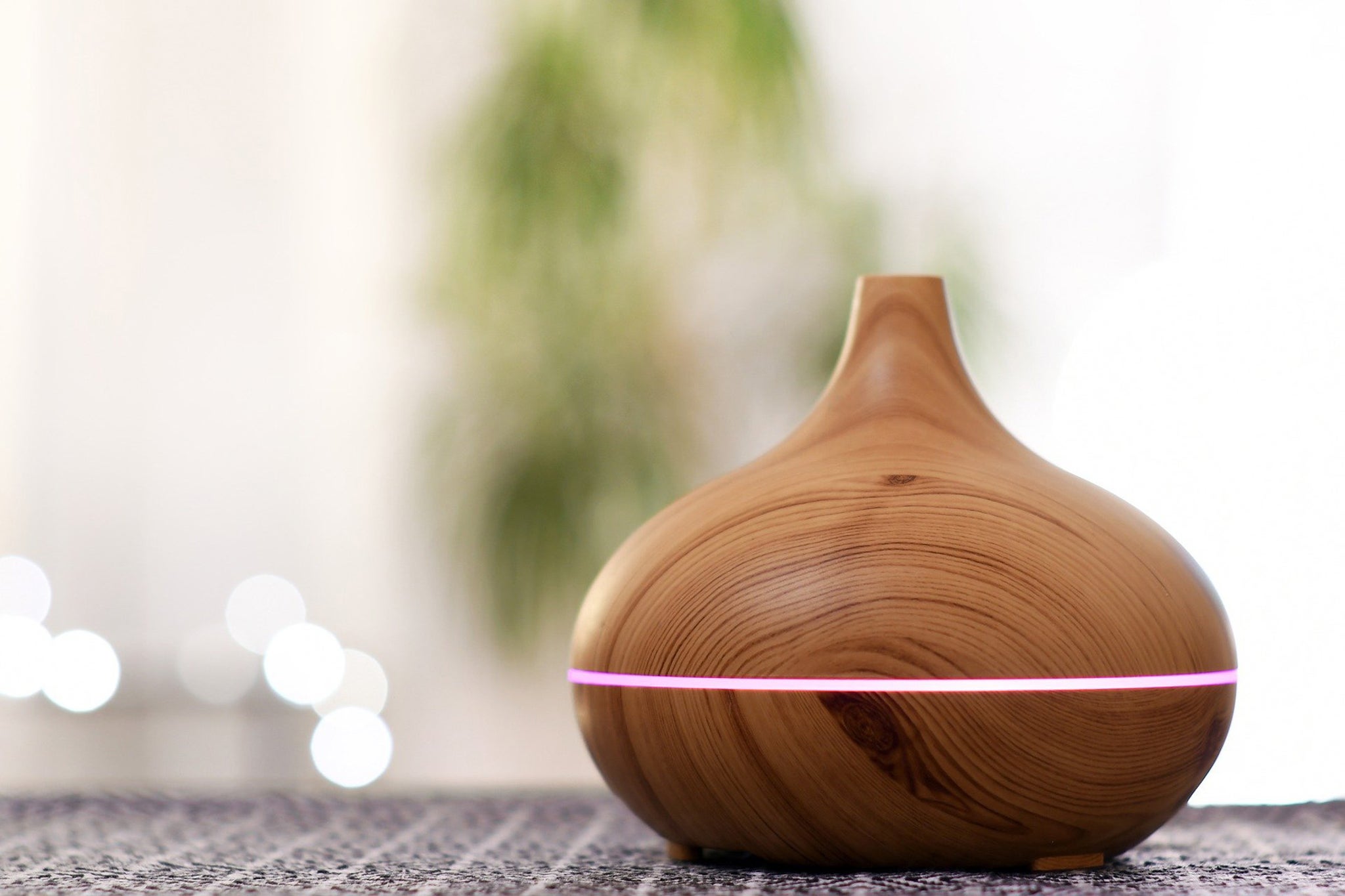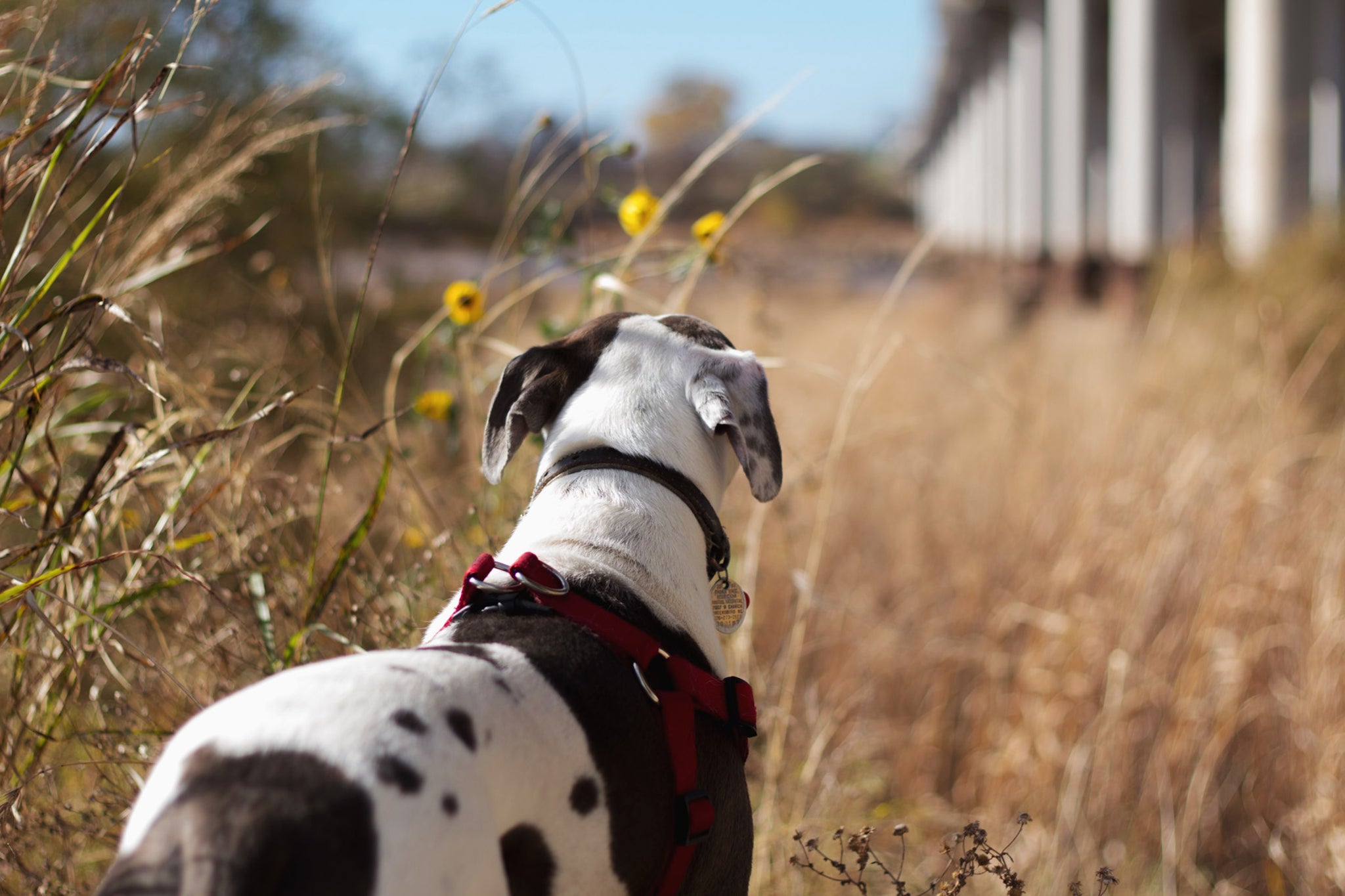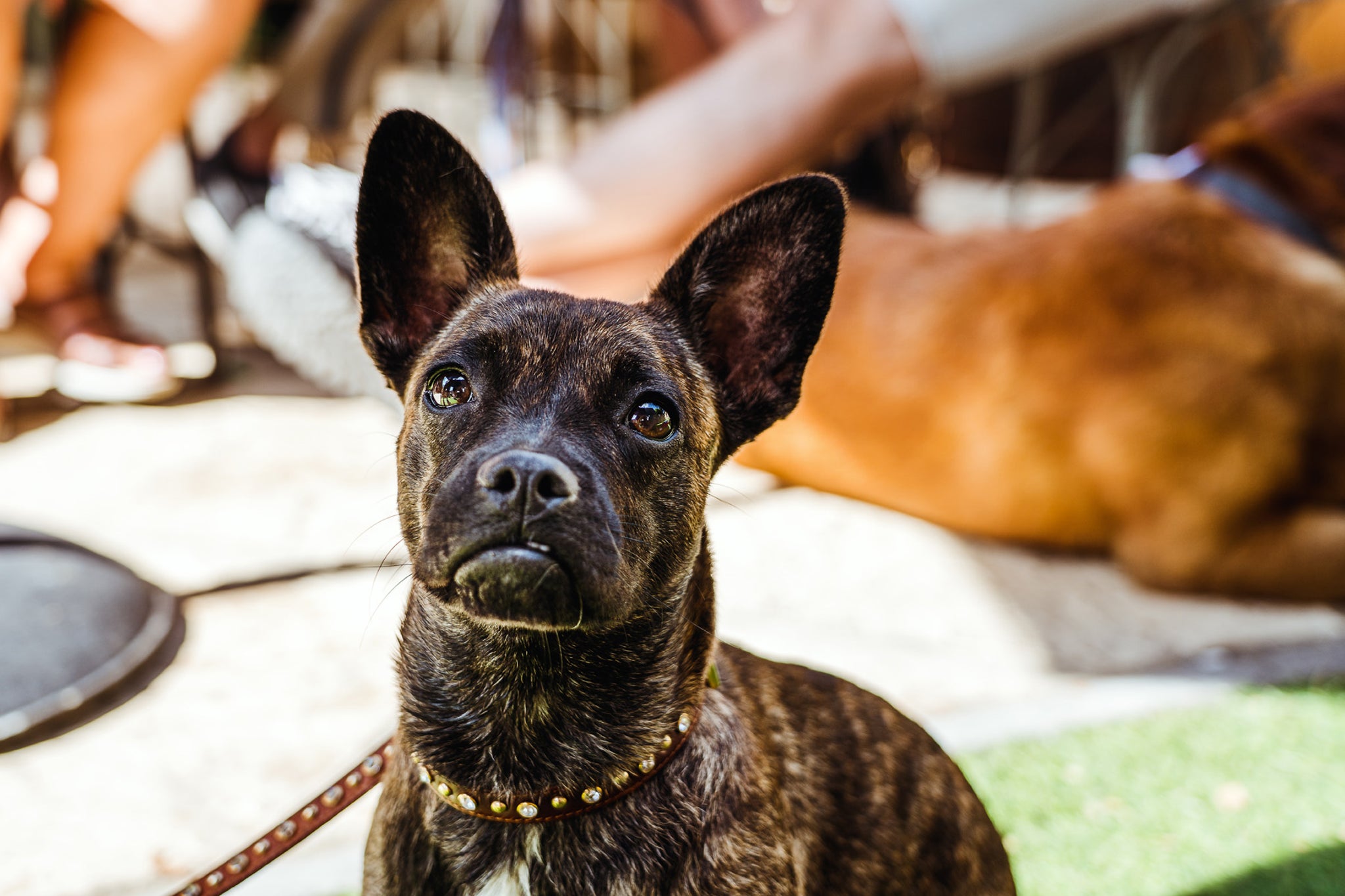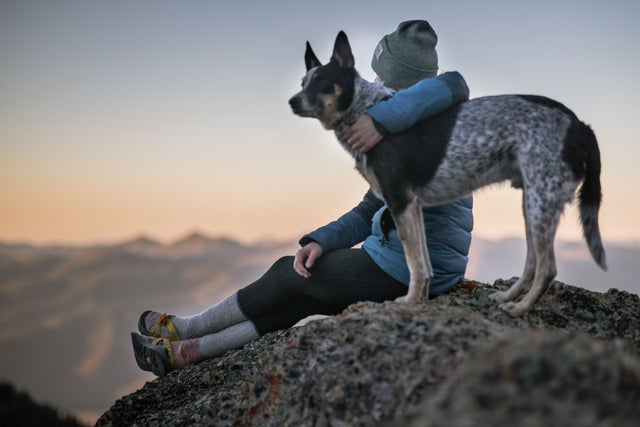Your dog’s cancer diagnosis leads to waves of emotions for both of you, including anxiety. There are coping methods recommended by veterinarians that can help you and your pup.
Find Ways to Reduce Your Anxiety First
Dogs respond to their humans’ energy just as people respond to one another’s. It’s important to remember this when preparing to help your dog—you must help yourself first. If you are noticing anxious behavior in your pet, they are probably reacting to your anxiety. Here are a few things you could try that may help.
Remember that your dog’s cancer is not your fault and try to focus on the positives. Try not to worry. Enjoy time with your dog—they always enjoy spending time with you. The first way you can help your dog is by managing your own stress and being present with your pet.
Your dog may also experience anxiety due to changes in their bodies. The cancer itself may cause changes in mood and diet, so it is important to be prepared and understand the ways you can help.
Diffuse Essential Oils and Pheromones
People have noticed positive effects on their minds and bodies through the use of essential oils. Lavender oil is believed to promote calmness and reduce anxiety and stress in humans. Since your dog reacts to your energy, diffusing lavender oil could have positive effects on both of you.
A dog-pacifying pheromone is released by canine mothers when nursing. A synthetic product exists to mimic this natural scent. The pheromone soothes dogs and makes them feel secure, like a heartbeat to a human baby. It has been recommended for dogs with separation anxiety, so it may be especially beneficial when you leave the house. The synthetic pheromone is available as a plug-in diffuser for the wall, as a spray, or as a collar.

Nutritional Supplements
If your dog is dealing with moderate anxiety, you may want to consider nutritional supplements. Most products on the market recommended for dog anxiety contain L-Theanine or S-Adenosylmethionine. L-Theanine is believed to work by increasing serotonin, dopamine, and gamma-aminobutyric acid levels in canine nervous systems. S-Adenosylmethionine is thought to increase serotonin, dopamine, and norepinephrine levels in the brain.
It is always a good idea to consult your veterinarian to determine the best options for your pet.
Get Outside
Just like exercising is great to combat stress in humans, it can also help dogs. Take your dog for a walk to enjoy the fresh air and quality time together. Even if one of you doesn’t have the energy for a walk, remember that any time spent outside can reset the mind and put things into perspective. Play fetch in the yard or just sit together on the porch.
Your dog enjoys your companionship and will always appreciate spending time with you outdoors. Time spent outside could alleviate stress for both of you, and this is a critical time to maintain a healthy lifestyle for both of you.

Perspective is Key
Remember that some things are beyond your control—and that is okay. Your dog has been by your side for some tough times, perhaps when you weren’t your strongest. They have been your companion, and you want to be there for them now.
Try any combination of treatment and behavioral modifications that you’re comfortable with. Ultimately, you want to take this time to make your dog feel comfortable and loved.




